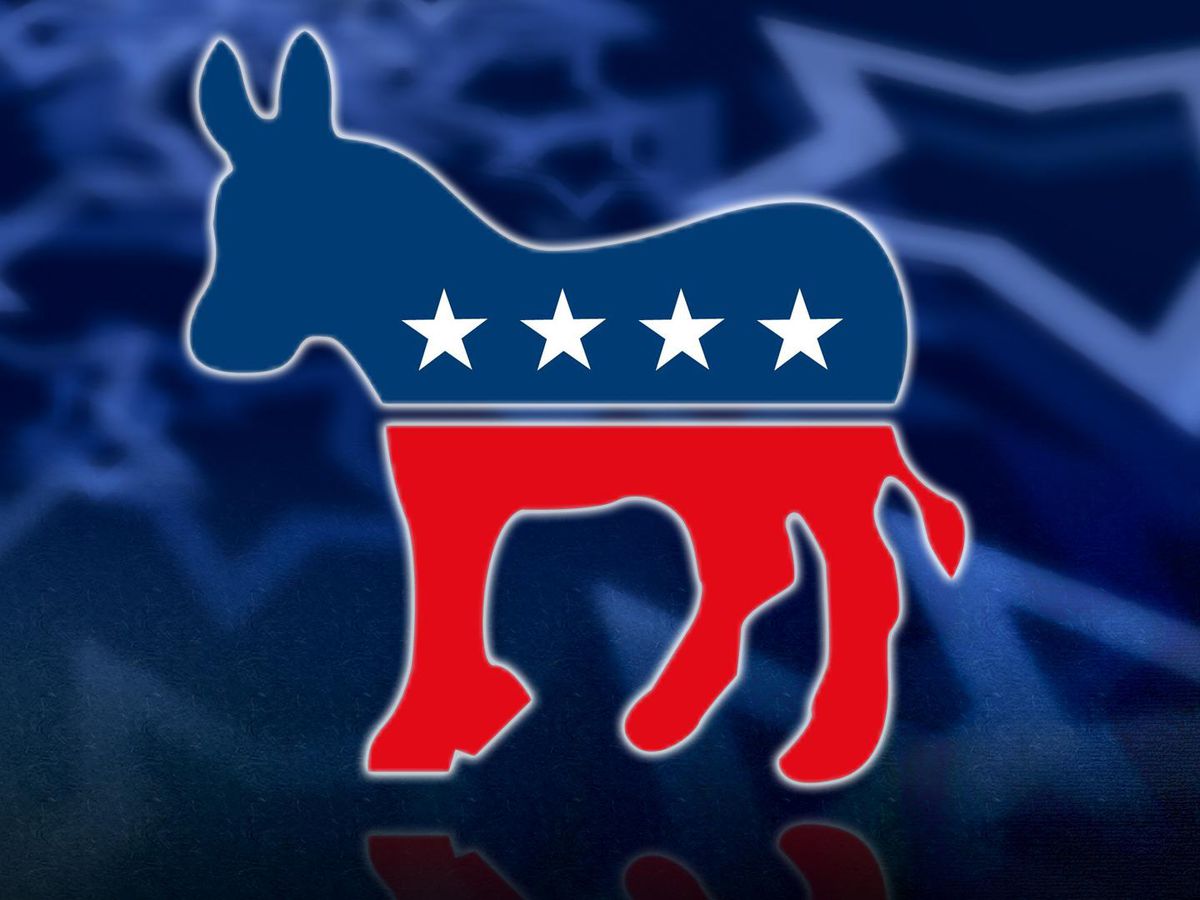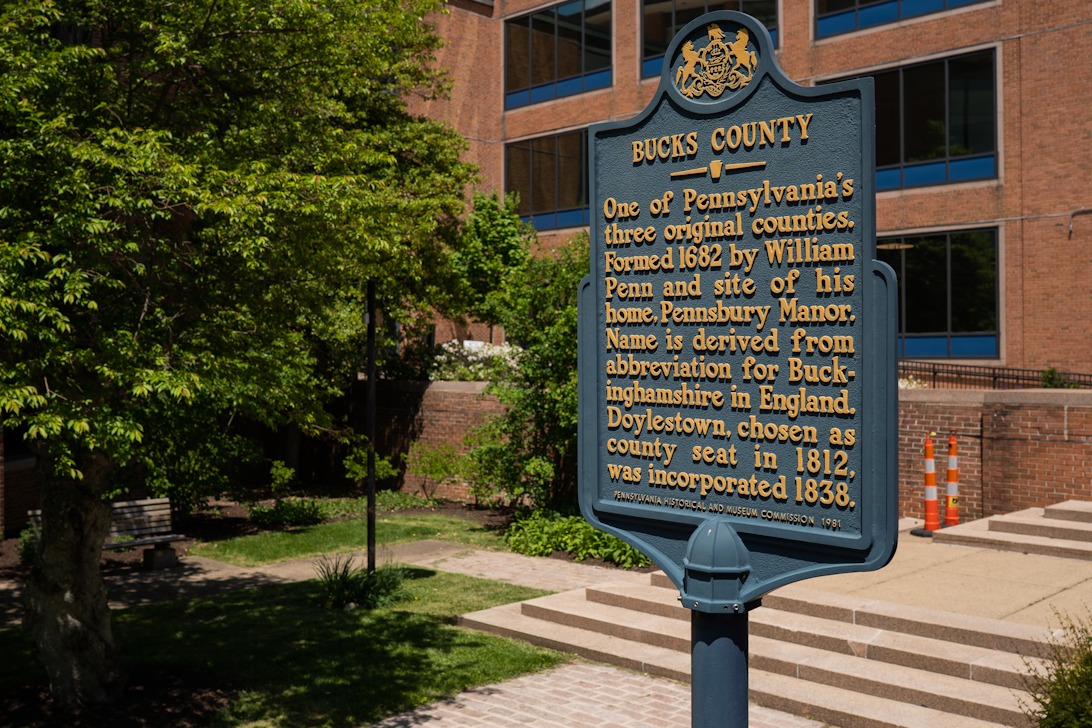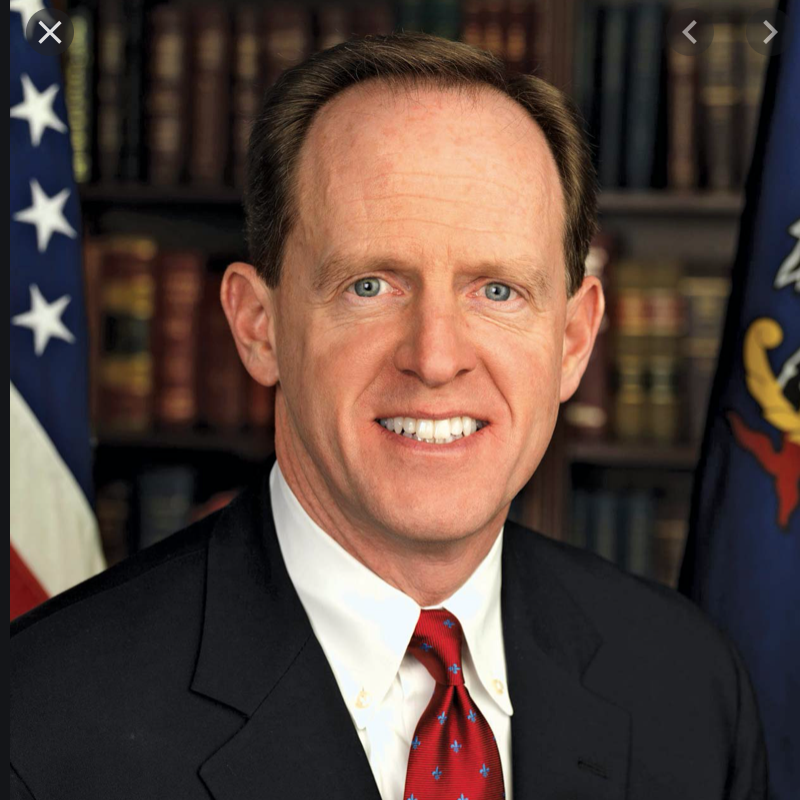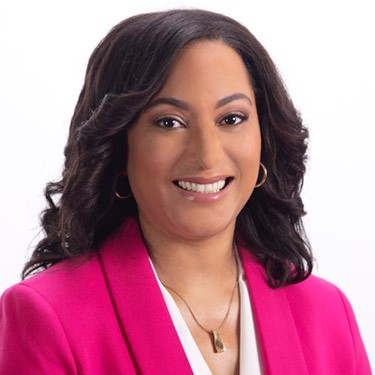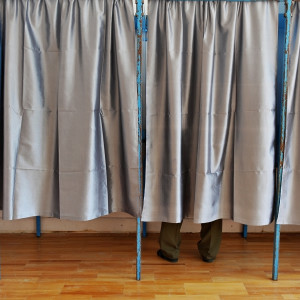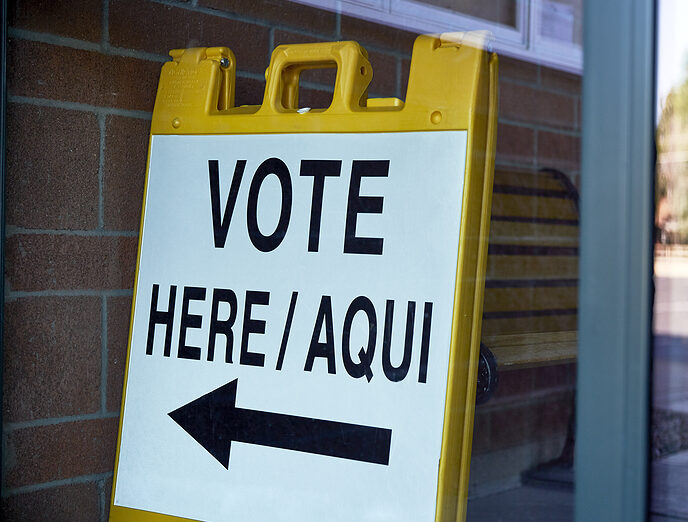CUTLER: PA Democrats Want to Make Our Elections More Questionable
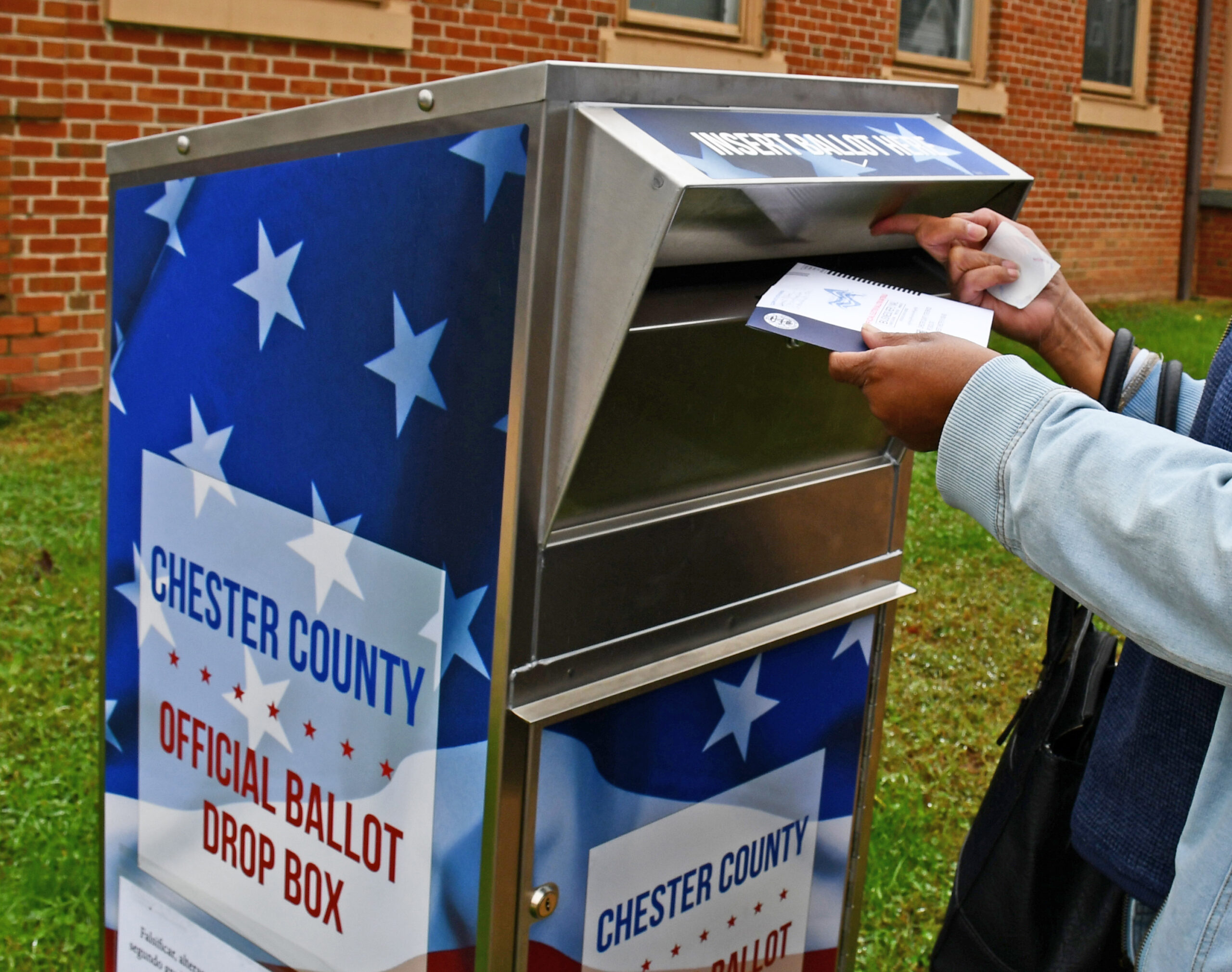
Ever since the election failures of 2020, Pennsylvania has been working to address the shortcomings in our state election law.
Through the work of Republicans in the Pennsylvania General Assembly, over the last four years, we have passed legislation that better funds county election administration while providing quicker and more accurate election reporting.
Thanks to those efforts over the last several election cycles, we have reduced wait times for election results and mail-in ballots are often the first reported election results on election night, rather than waiting days for those results to be processed.
Unfortunately, Democrats in the Pennsylvania House of Representatives recently passed legislation along party lines that would take a step backward and return us to the days of not having election results on Election Day. This same bill would allow counties to count mail-in ballots after Election Day, which would inject more questions into ongoing concerns about the integrity of our elections.
In the legislation, House Bill 847, which passed with only support of Pennsylvania House Democrats, counties would be afforded additional time to pre-canvass mail-in ballots. While this is an election reform that has been asked for by election administrators, it is not something the public has widely supported when asked about needed election reforms.
In fact, it is a change that would only make the act of government easier for the government itself and does nothing to improve trust and confidence in the outcome of our elections.
If the legislation stopped there, it would be merely a solution in search of a problem. The calls for additional pre-canvassing time harken back to the early days of no-excuse absentee voting in Pennsylvania, which occurred during the pandemic. That unique set of facts at the time caused an over-reliance on a newly expanded voting option in Pennsylvania.
However, in the years since, counties have been able to adapt, more people have returned to voting in-person, and new legal requirements and additional funding have ensured counties process ballots quickly and accurately.
But in addition to addressing this unnecessary pre-canvassing change, House Bill 847 goes a step further by removing the current requirement that counties begin pre-canvassing at 7 a.m. on Election Day and that they cannot stop counting until all votes are counted.
That means while counties are afforded the opportunity for additional pre-canvassing time, they are also given the option of counting mail-in ballots after Election Day and are not required to provide election results under any specific timeline other than the required certification date.
As a result, some counties may take days after Election Day to process mail-in ballots and delay the announcement of results.
This will surely only add to existing suspicions and questions about our elections.
In what is sure to be an election year with many contested races from president down to the General Assembly, adding questions and suspicion back into the process to achieve an election reform that is not widely supported and is objectively unnecessary is the kind of legislation we should avoid.
Meanwhile, the same Democrats continue to bottle up popular election security reforms that would continue Pennsylvania on a path of increased trust and satisfaction with the election process.
After House Republicans moved forward with an effort to try to get this amendment out of committee, 100 members—from both sides of the aisle—signed on to the petition to make that happen. But Democrat-crafted House operating rules continue to allow this bill to sit stagnant, despite almost half of the entire Pennsylvania House of Representatives supporting it.
And that flies in the face of public opinion. Last month, a poll by Franklin & Marshall College found that 73 percent of Pennsylvanians support requiring voters to show identification each time they vote. The same poll found that only 50 percent of Pennsylvanians support additional pre-canvassing time.
With 100 signatures on the voter identification constitutional amendment discharge petition, it is clear House Democrats need to get out of their own way and put up this easily achievable, and highly popular, election reform for a vote in the House.
Just months away from a national election where Pennsylvania will again play center stage let’s get politics out of the way, let’s stop passing “talking points legislation” that makes government better for government, and let’s start putting the people of this Commonwealth first by doing what they believe will increase election confidence instead of adding more questions into the process.
Please follow DVJournal on social media: Twitter@DVJournal or Facebook.com/DelawareValleyJournal

